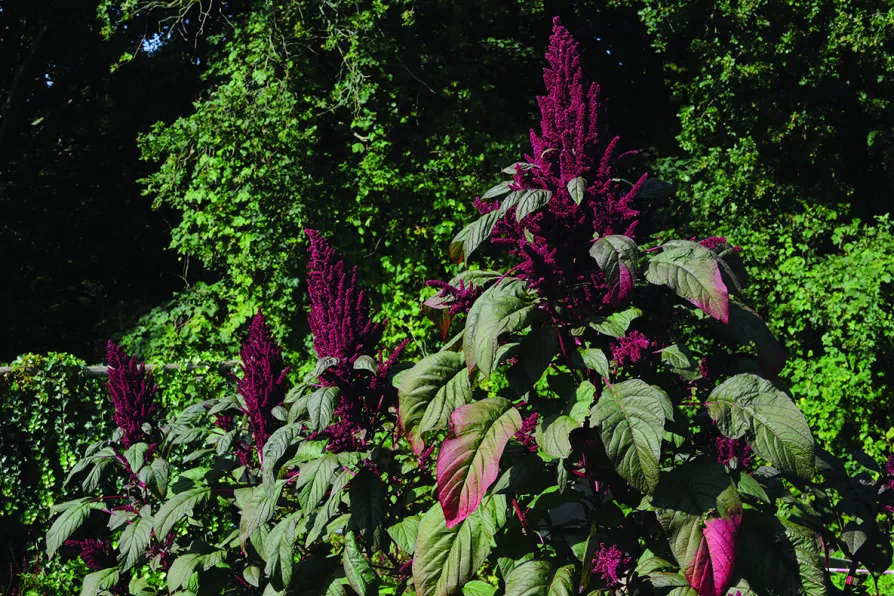As tens of thousands return to the streets for the first national Palestine march of 2026, this movement refuses to be sidelined or silenced, says PETER LEARY

 Amaranth
[Joost J. Bakker / Creative Commons]
Amaranth
[Joost J. Bakker / Creative Commons]
THERE are several cheerful reasons for growing amaranth, but there’s also one rather depressing one: climate change. It’s one of the few annual vegetables that doesn’t seem to be bothered by either wet summers or heatwaves.
You may already be growing it, without knowing it. Amaranthus is a genus of plants with many members, including the popular garden ornamental, love-lies-bleeding. Every species is edible (according to the experts at Garden Organic), though some are more palatable than others. Luckily, love-lies-bleeding is one of the best to eat, easiest to grow, and handsomest.
For the widest choice, have a look at the Real Seeds website: www.realseeds.co.uk. They sell a number of types, either for producing a harvest of seeds (which are used as a grain, similar to rice) or leaves, which are commonly eaten as an excellent cooked green, often called callaloo. Both leaf and grain are considered unusually valuable foods by nutritionists.
May is the month for starting amaranth, either by scattering the seeds on moist, warm soil outside, or — more reliably — by sowing it in trays or pots indoors, on a bright windowsill.

MAT COWARD takes a look at some of the options for keen gardeners as we enter 2026













